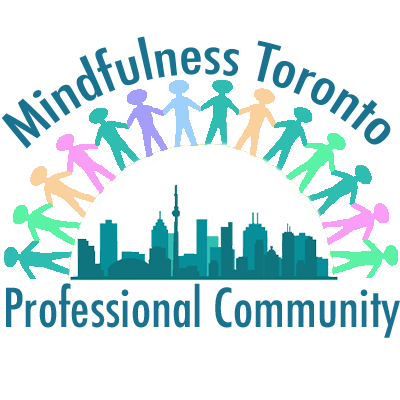What do we mean when we talk about the breath? With mindfulness we encourage people to follow the breath. This is so positive because often people come to us feeling that they are doing everything wrong and we don’t want the breath to get in the way of self-acceptance. But, does bringing attention to the breath change it? And is that what we really have in mind? And what about those of us who came to mindfulness after integrating deep breathing and relaxation into our work? What do we do with that? Whenever I speak and lead practices at Mindfulness Toronto I take it as my opportunity to share and hear thoughts with other teachers, and it is wonderful that it includes so many different professions and backgrounds. If the breath is on your mind and you have questions, thoughts or opinions about the breath in practice, please bring them. I want to hear them all. And we will do some practice, of course! – Kate

Kate Kitchen, M.S.W., R.S.W. is a registered social worker, with the Ontario College of Social Workers and Social Service Workers. She has been providing individual, couple, family and group psychotherapy since receiving her M.S.W. from The Ohio State University in 1980. Kate worked at the Centre for Addiction and Mental Health (CAMH) from 1997 to 2010. She was a Clinical Social Worker in the Mood and Anxiety Program, providing psychotherapy, and later an Advanced Practice Clinician. She now provides psychotherapy in private practice and is part of the multi-disciplinary team at the Frederick W. Thompson Anxiety Disorders Centre. Kate began leading Mindfulness-Based Cognitive Therapy (MBCT) groups at the Centre for Addiction and Mental Health in 2000 and has been leading mindfulness professional trainings for over ten years. Along with Dr. Steven Selchen and Kirstin Bindseil, MSW, RSW, she teaches Mindfulness-Based Group Practice professional education through the Sunnybrook Psychiatry Institute for Continuing Education.
